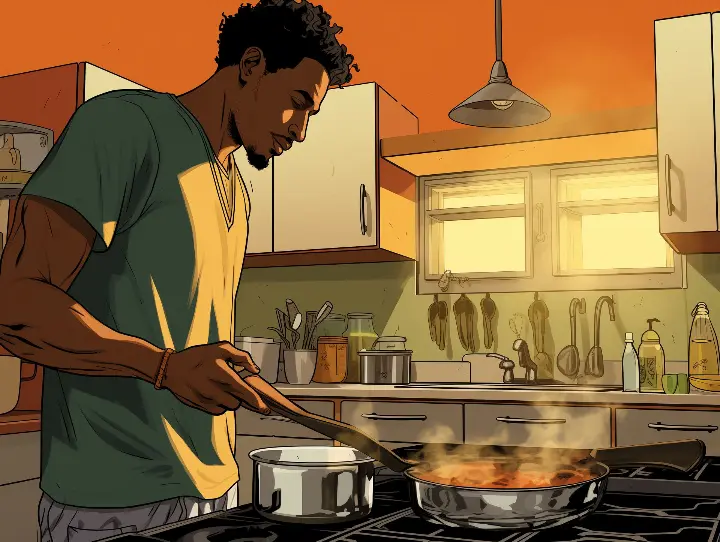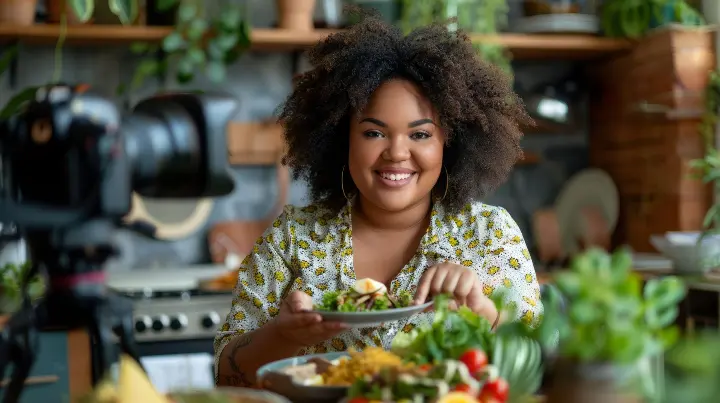The Media Economy Is No Longer Passive. It’s a stakeholder.
In the launch of Tanzania's clean cooking strategy awareness campaign, Deputy Prime Minister and Minister of Energy Hon. Doto Biteko called for intense media involvement to drive the campaign. It’s a strategic invitation and a challenge.

Why? Because historically in Africa, behavior change campaigns live or die in the hands of the media economy. From HIV awareness to financial literacy drives, those who’ve owned the narrative became institutional players in both public health and commerce.
This TZS 221 billion clean cooking campaign will:
- Flood the market with education budgets, brand partnerships, advocacy grants, and sponsored storytelling opportunities
- Reposition energy as an everyday lifestyle conversation, not a technocratic policy issue
TV stations, blogs, podcasts, newspapers, and community radios that rapidly develop dedicated clean cooking verticals, influencer partnerships, and documentary formats will win first-mover advantage.
Expect:
- Special weekly clean cooking shows
- Sponsored online campaigns showcasing household transformations
- New YouTube series and TikTok challenges centered around “smart kitchens”
- Embedded media partnerships with stove brands, energy startups, and municipal councils
Media platforms that treat clean cooking as a social trend rather than a development report will dominate ad buys and public trust.

For Storytellers: This Is the New Social Issue Economy
Clean cooking touches health, gender, poverty, culture, and climate, five of the most fundable, emotive, and narrative rich topics in African content right now.
What’s unique here?
- It’s hyper-local, yet globally significant.
- It involves both public sector funding and private sector incentives.
- It’s an open, unsaturated space with no dominant influencers yet.
Smart storytellers should:
- Craft personal testimonies: how cleaner kitchens improved a mother’s health, a child’s school attendance, or a family’s finances
- Link clean cooking to food culture: a modern spin on Tanzanian cuisine made in safer, smarter kitchens
- Build sponsored, serialized content for platforms like Instagram Reels, Facebook Watch, and YouTube under clean cooking lifestyle and advocacy themes
- Collaborate with municipalities and NGOs for community level campaigns with live demos, vlogs, and pop-up kitchen activations
The market’s mistake would be treating this as a one time CSR campaign.
The long players will:
- Position themselves as energy lifestyle influencers
- Build data backed followings
- Monetize audience trust through branded partnerships with clean tech firms, stove manufacturers, biofuel companies, and even carbon credit initiatives
Think of it as East Africa’s version of the climate influencer economy already booming in Europe and North America.
The Media-Storytellers Industrial Complex
In a few months, expect to see:
- New awards for clean cooking storytelling and journalism
- Multi-platform campaigns blending TV, social media, podcasting, and local theatre
- Influencers evolving into clean energy ambassadors, with official partnerships
- Regional media outlets repositioning themselves as energy-lifestyle authorities
Whoever owns this narrative won’t just own the conversation; they’ll own a market category worth billions.
This is how Africa’s media economy grows: not by chasing scandals, but by becoming architects of socio-economic progress.
The question is, which part are you planning to play?